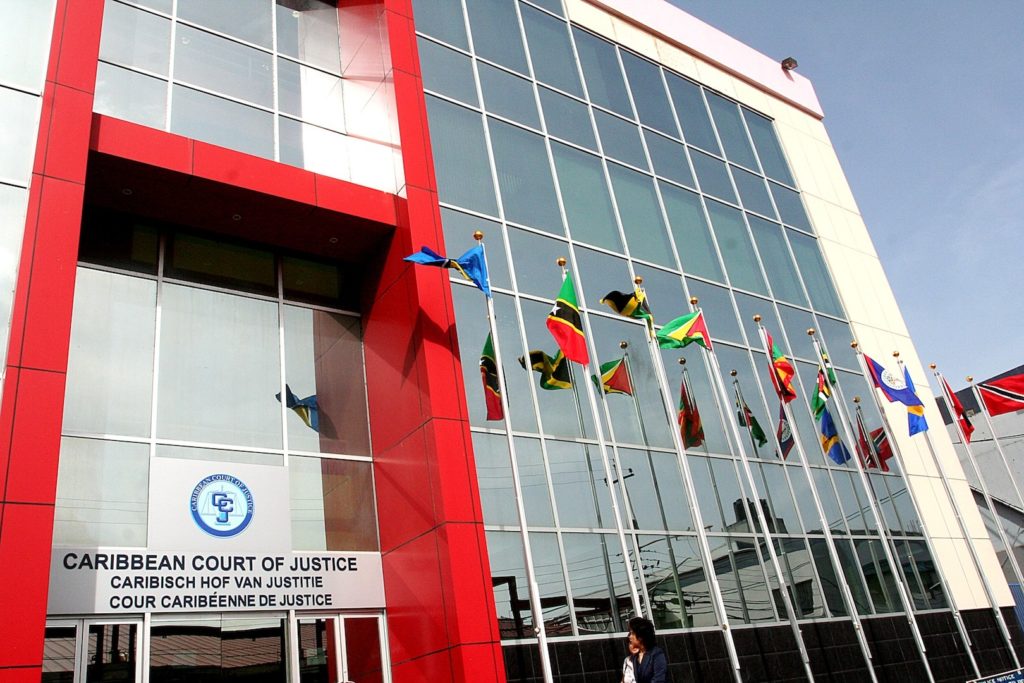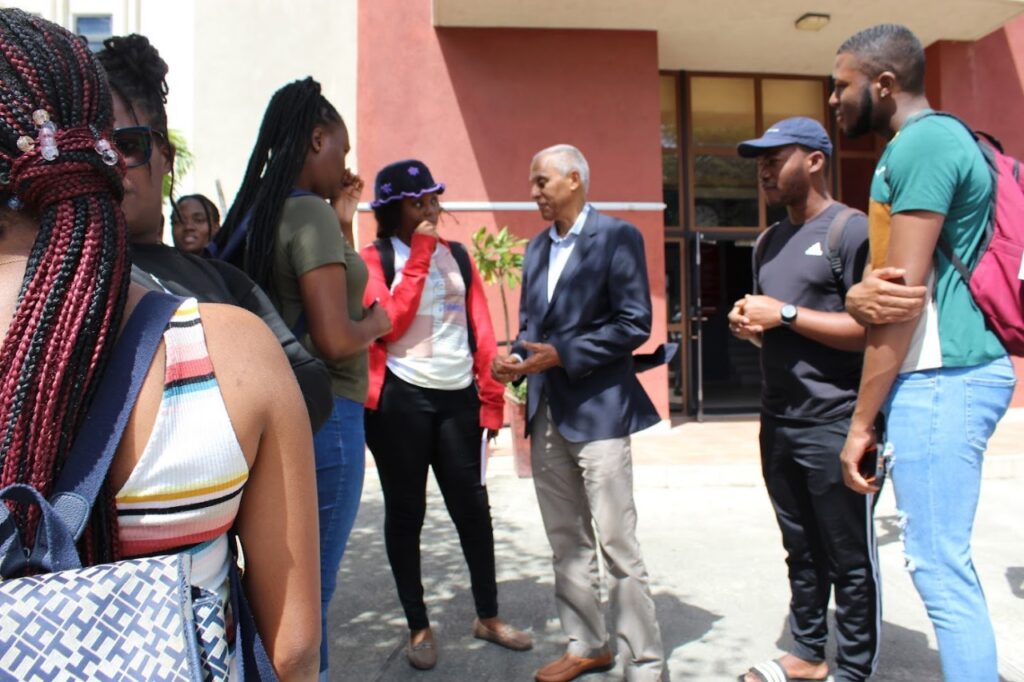

By Natalie Williamson
As the debate on whether Jamaica should replace the London-based Privy Council as its final court of appeal continues in earnest, students of the University of the West Indies’ (UWI) Faculty of Law gathered to examine the importance of Caribbean constitutional law.
Taking the form of a panel discussion on Friday (February 23), the session featured Justice Adrian Saunders, president of the Caribbean Court of Justice (CCJ) and Dr Lloyd Barnett, Caribbean constitutional lawyer.
Organised by senior law lecturer, Professor Tracey Robinson, the panel also analysed and deconstructed concerns for the CCJ replacing the Privy Council as was done by other Caribbean Community (CARICOM) member states including Barbados, Guyana and Belize.
Saunders dismissed concerns that Caribbean judges are less impartial and have’ less integrity’ and professionalism than other judges in far-flung geographical regions.

Constitution law is different and cannot be amended in the same way as ordinary laws and requires special procedures depending on the degree of importance ascribed to such law which is stated within the constitution. This is referred to as entrenchment. The Caribbean constitution gives jurisdiction to the High Courts to safeguard against breaches of fundamental rights and justice of its citizens as well
as to declare a law passed by Parliament void if it infringes on such rights. There have been attempts on the part of the Jamaican government for the CCJ to accede to the final appellant court but were unsuccessful.
Saunders contended that such qualities are marked by the cadre and caliber of the judges and not geography or demographics. He also points out that Caribbean judges are equally competent to address issues in making good decisions on cases that are presented before them, therefore it is up to the government and the people of the state to make CCJ their final appellant court.
The CCJ president further mused that constitutional law or community law will allow students, business personnel, and the legal fraternity to appreciate the vast number of rights that are before them.
For his part, Barnett argued that it is important for all persons entering the legal sphere to study constitutional law, as it incorporates total economic circumstances and analyses prospects on governance within the context of accountability.

Kelelisa Powell and Neliese Cupid, both law students of the faculty, were intrigued by the visitation of these legal giants and agreed that constitutional law must be one of the core courses offered by their institution to better equip other students to recognise and respond to matters that infringe on their rights in their daily lives as well as to understand the legal framework that embodies them.


The discussion is also timely as it comes days ahead of the long-awaited Local Government Elections on February 26.
Enumerated Jamaicans aged 18 and over will exercise their constitutional right as both the Jamaica Labour Party (JLP) and People’s National Party (PNP) vie for municipal power.
As enshrined in the Charter of Fundamental Rights and Freedom (Constitutional Amendment Act 2011), every citizen has the right to be registered to vote and to vote in a free and fair election.







Comments